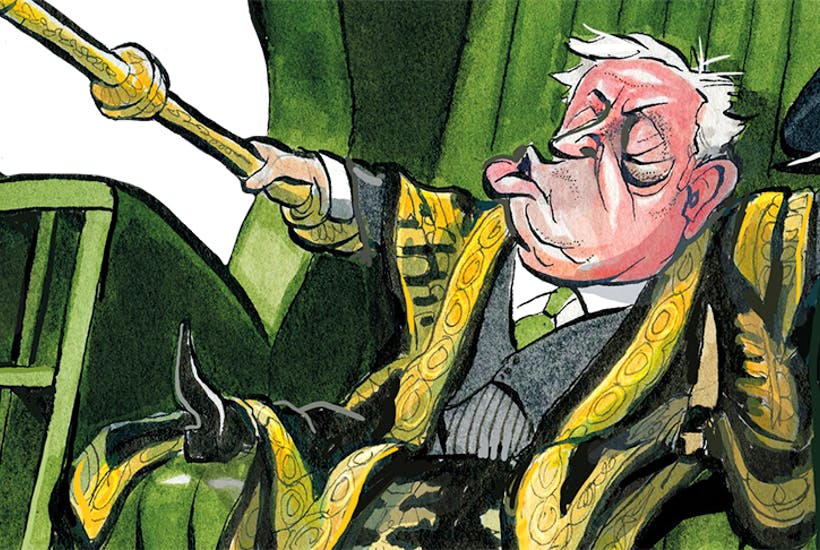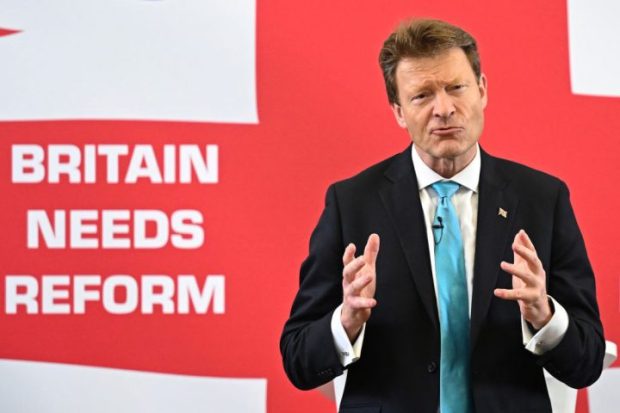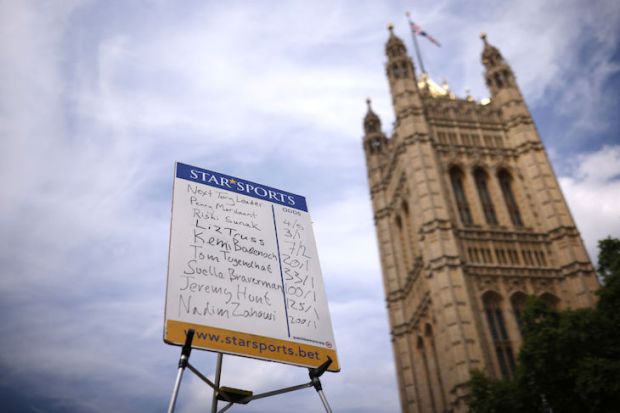According to John Bercow he has chosen to step down on 31 October because it would be the ‘least disruptive and most democratic course of action’ if he stayed on for the votes on the Queen’s speech expected in the last week of October. But there is a somewhat glaring reason for choosing the last day of October – it is a none-too-subtle hint that he sees it as his duty to frustrate Britain’s departure from the EU, which was due on that date but which, thanks to the law passed by Parliament today, now seems likely to be delayed...
Already a subscriber? Log in
Subscribe for just $2 a week
Try a month of The Spectator Australia absolutely free and without commitment. Not only that but – if you choose to continue – you’ll pay just $2 a week for your first year.
- Unlimited access to spectator.com.au and app
- The weekly edition on the Spectator Australia app
- Spectator podcasts and newsletters
- Full access to spectator.co.uk
Or





















Comments
Don't miss out
Join the conversation with other Spectator Australia readers. Subscribe to leave a comment.
SUBSCRIBEAlready a subscriber? Log in